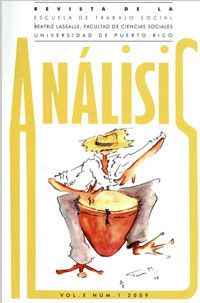Abstract
The systematizing of experiences is defined as that critical interpretation of one or several experiences, which from its classification and reconstruction, it discovers or explicit the logic of the lived process. Also are observed factors that have intervened in the above mentioned process, how they have related among them, and why they have done it thereby (Jara, 1994). The systematizing of experiences allows to observe a constant and integrated process of the practice and the convergence between there different dimensions. As backbone of any process to systematizing, the theoretical knowledge is conceptualized from a practical action. That is to say, new knowledge is created from concrete experiences and the participation-action in the same ones (Jara, 1998). This methodology proposes the use of a theoretical frame, after reconstructing and analyzing the experience, from the axes of the systematizing, and it is from point of item (Rolón and Sánchez, 2005). Under this methodological conception, an approach is made to the dialectics and to the theories of liberating critiques of popular education of the teacher Paulo Freiré. The methodology of the systematizing consists of a widespread plan of three methodological stages. The stages imply a logical sequence that allows the classification, the construction, the analysis of the experience and the publication of our learning. Taking in consideration that the systematizing arises as alternative to the positivist dominant paradigm, it becomes necessary to highlight that this manuscript is adapted to the qualitative methodology by approximation to the alternative paradigm.Downloads
Download data is not yet available.

